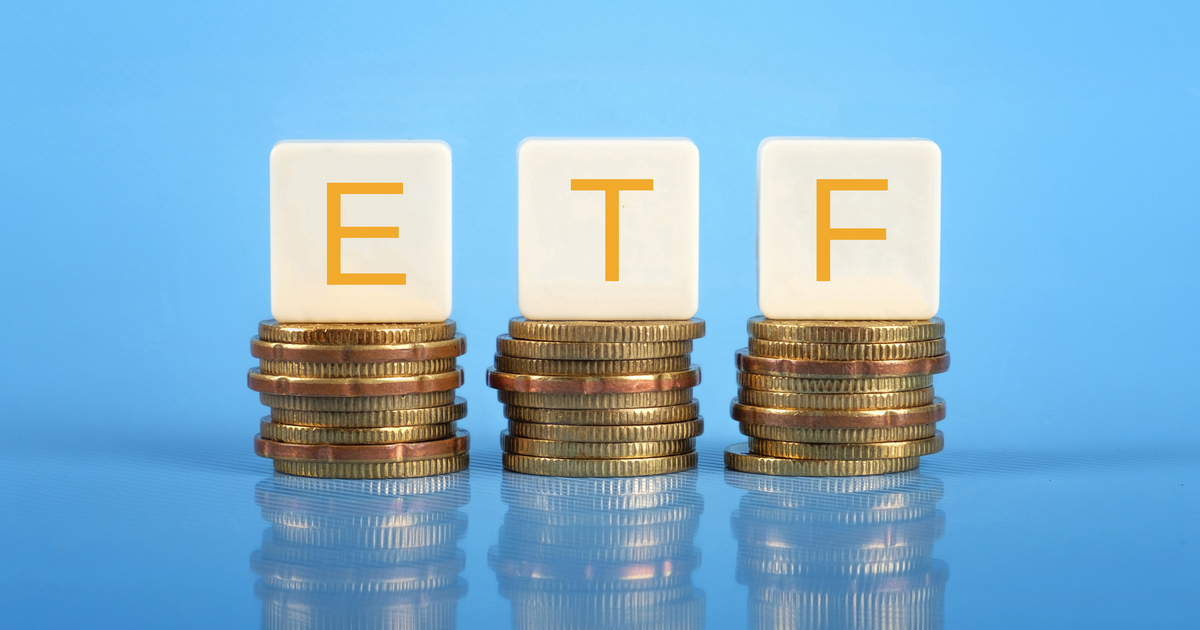Australian ETF industry decline continues

BetaShares’ latest Australian exchange traded fund (ETF) industry review has revealed another drop in flows for the second month in a row, falling by 1.3 per cent (around $1.7 billion) to end February at $130.1 billion.
The report said it was a mix of falling global share markets and weak flows that caused the decline, with the industry now down around $7 billion from the highs in December 2021.
Investors were cautious amid geopolitical tension, inflation fears and market volatility, contributing only $212 million this month which was the lowest level of net flows recorded in the last five years.
Despite the market volatility, ETF trading value on the Australian Securities Exchange (ASX) remained high at $10.2 billion, reaching its third-highest monthly level on record. Industry growth in the last 12 months also remained steady at 34 per cent, recording a total of $32.8 billion net growth.
There were five new product launches in February, with three ETFs from BetaShares, the Online Retail and E-Commerce ETF (IBUY), the Video Games and Esports ETF (GAME), and a yield enhanced Australian Composite Bond ETF (OZBD). Munro and Resolution Capital also launched new active ETFs.
Exposures in the gold and oil mining sectors topped performance charts, with BetaShares’ own hedged global gold miners ETF (MNRS) recording an 11.8 per cent monthly return.
Flow-on effects from Magellan’s decline also saw the International Equities category in net outflow of -$300 million, after the Magellan Global Fund recorded close to $700 million in outflow. Australian Equities products saw around $318 million in net inflow, outperforming global equities.











If there is a significant increase in the numbers of personal advice advisers converting to become to general advice advisers,…
You know what would have stopped the Shield & first guardian fiasco? ASIC actually doing their job and acting on…
Too much priority on E&S, not enough G...G should always come first.
Yep agree, the failures here were greed and useless ASIC. Not that hard. Even if AI was as good as…
Financial capability provided by schools??? I don’t think so.